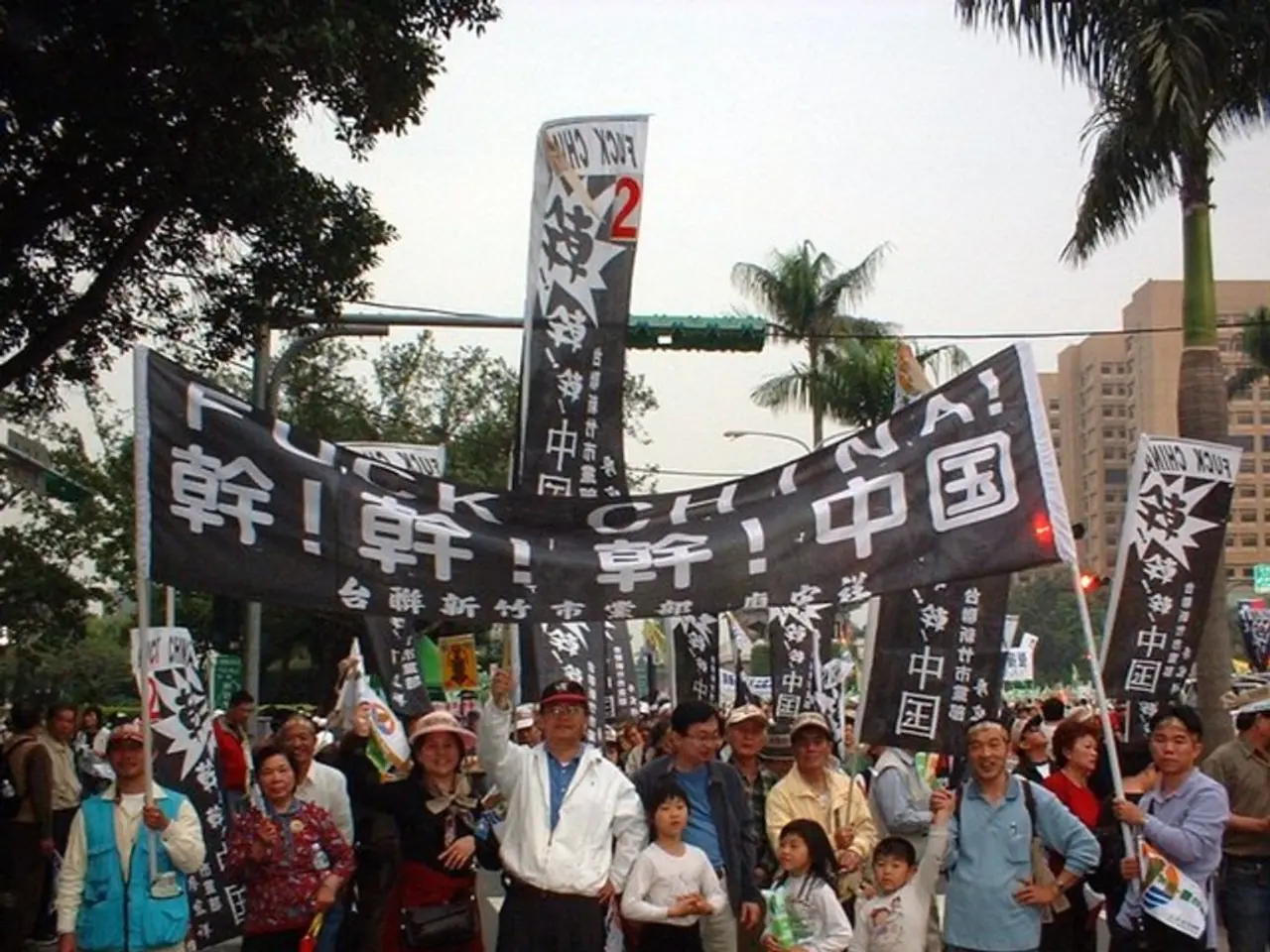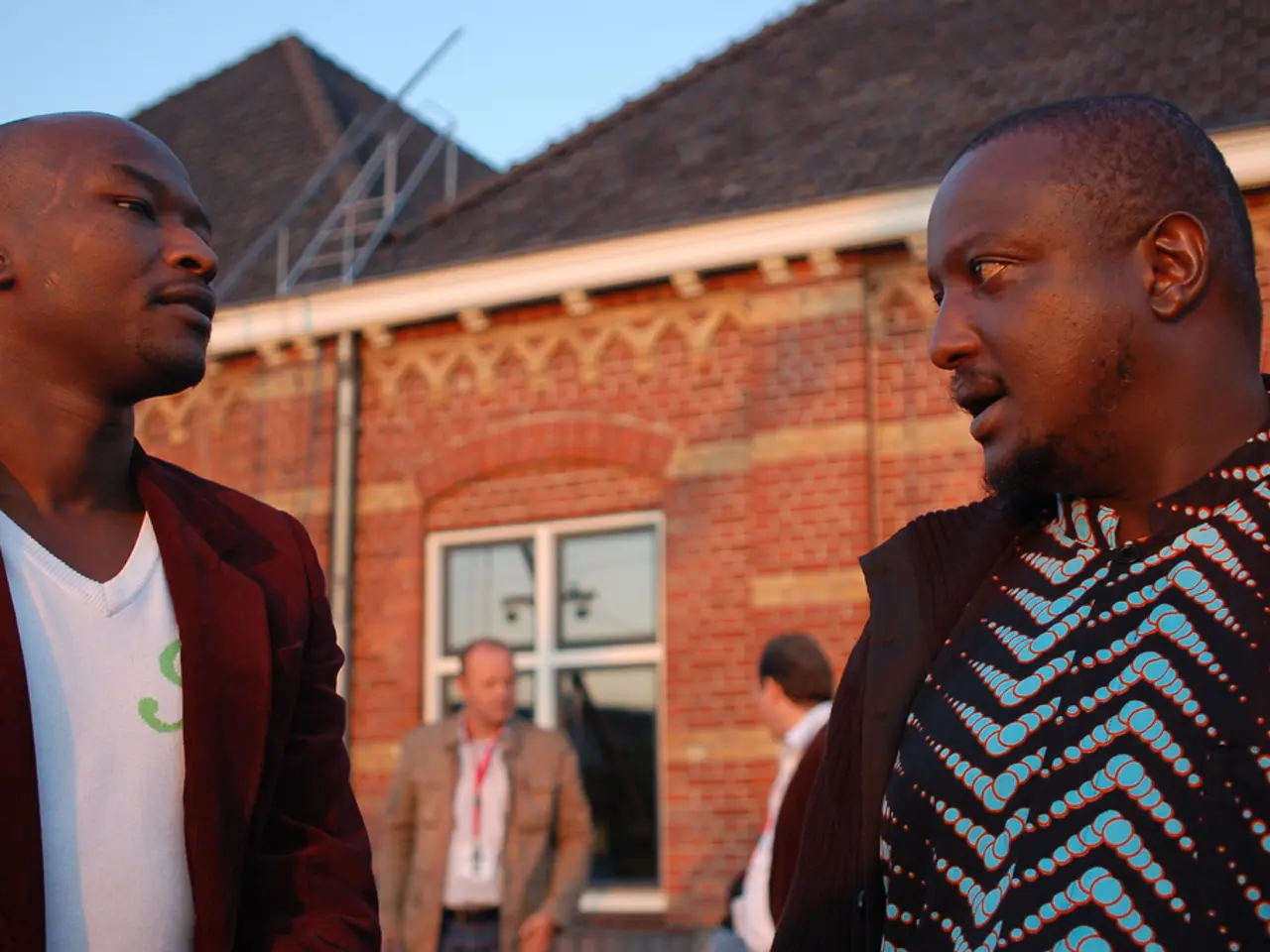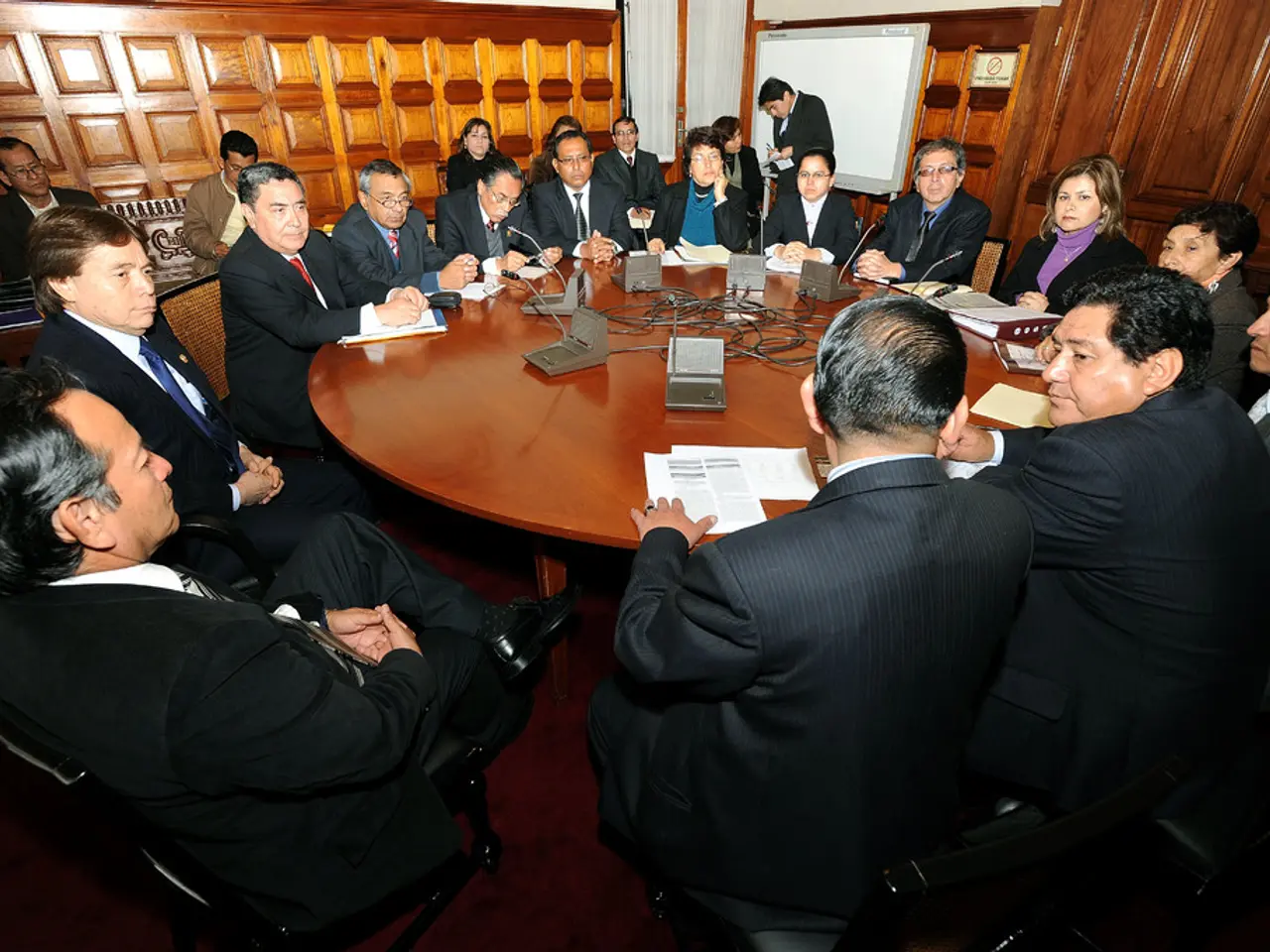Opposition faces setback with the rise of fresh political groups
In the heart of Borneo, Sarawak is experiencing a significant shift in its political landscape with the emergence of new parties. Among these are the Sarawak Workers Party (SWP) and the Peace Party, joining a growing trend of political diversification in the region.
These new parties are not mere novelties, but rather, they represent local interests and communities, aiming to address underrepresented grievances or issues within the state. Their emergence can be attributed to several factors, including political diversification, strategic positioning, and the potential fragmentation of the opposition vote.
The registration of these new parties may complicate opposition efforts by dispersing votes among multiple smaller parties, potentially weakening the chances of any single opposition bloc to effectively challenge ruling parties. However, these new parties could also serve as coalition partners, enhancing the opposition's collective bargaining power if they unite around common goals.
The emergence of parties like the SWP could also lead to a more pluralistic and competitive political environment in Sarawak, potentially fostering issue-based politics and greater political engagement from diverse community groups.
Notable figures in Sarawak's political sphere have expressed varying opinions regarding these new parties. Baru Bian, the State Parti Keadilan Rakyat chief in Sarawak, questions the timing of these registrations and does not believe they will favour the opposition in the next general election. On the other hand, Ali Biju, State PKR vice-chairman and Krian assemblyman, is concerned about the emergence of parties not part of Pakatan Rakyat, fearing they may be manipulating the political landscape to favour the ruling Barisan Nasional.
Chief Minister Pehin Sri Abdul Taib Mahmud views the emergence of the SWP as a part of the political scene in Sarawak and considers one more party joining as insignificant, given that the state has embraced democracy.
The Home Ministry has registered the Sarawak Workers Party (SWP) last week, with the Peace Party expected to follow soon. Four other parties, Parti Ekonomi Rakyat Sarawak Bersatu (PERSB), Parti Bumi Kenyalang (PBK), Parti Bansa Dayak Sarawak (PBDS) Baru, and Parti Tenaga Rakyat Sarawak (Teras), are pending registration with the Registrar of Societies (ROS).
As these new parties navigate the political landscape, they will face challenges in building effective coalitions and connecting with voters. Their success will depend on their platforms, leadership, and ability to mobilise support, ultimately impacting Sarawak's broader political landscape.
The Sarawak Workers Party (SWP) and the Peace Party, emerging amidst the political landscape of Sarawak, represent local interests and communities, aiming to address underrepresented grievances or issues within the state. Their registration may complicate opposition efforts by dispersing votes among multiple smaller parties, potentially weakening the chances of any single opposition bloc to effectively challenge ruling parties. However, these new parties could also serve as coalition partners, enhancing the opposition's collective bargaining power if they unite around common goals, leading to a more pluralistic and competitive political environment in Sarawak.






